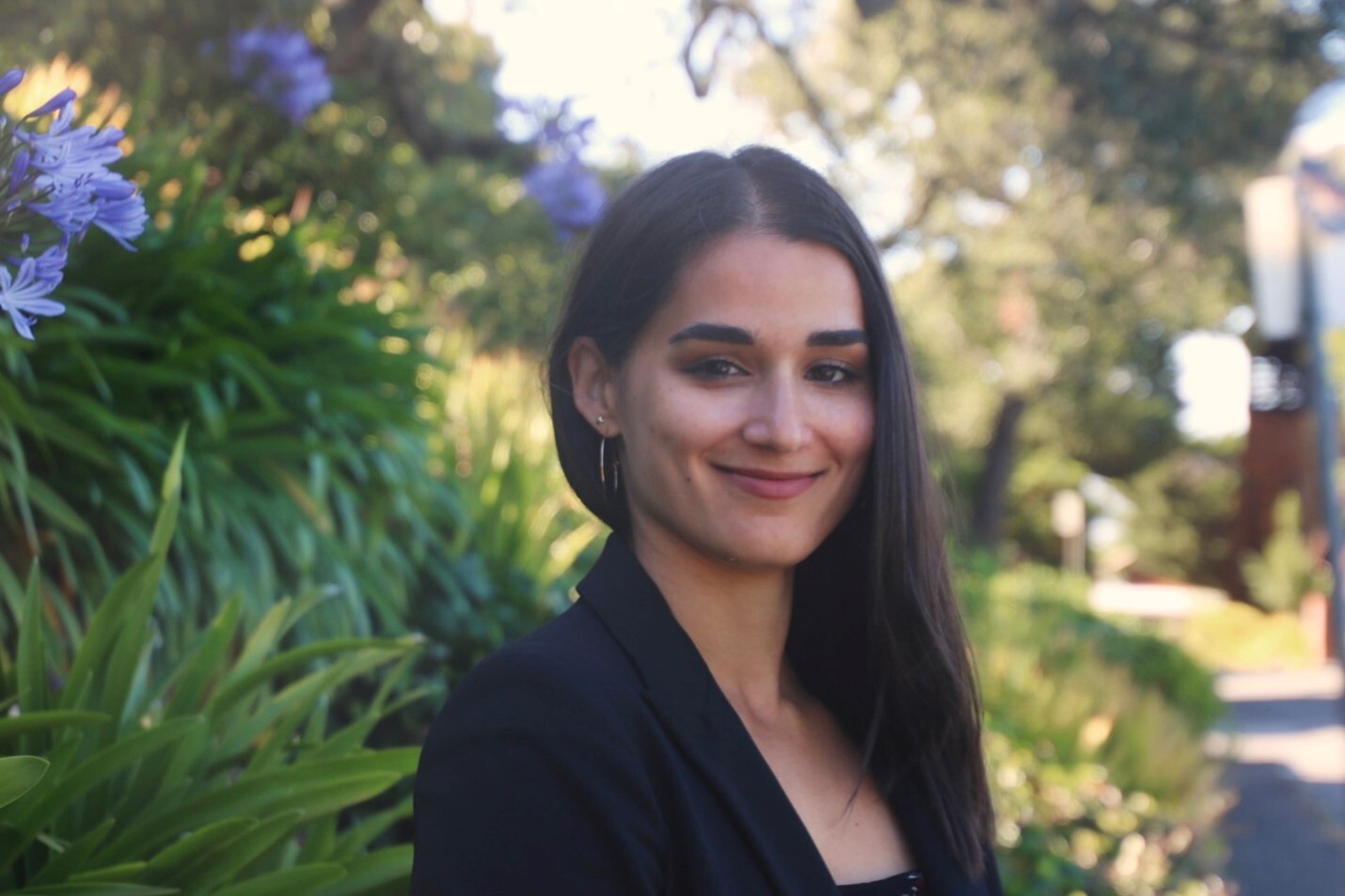
Recorded Mini Workshop #19- The Dance of DBT-A: A Live, Annotated Role-play of Multiple DBT Providers in an Adolescent Session (2023 CONVENTION RECORDING)
-
Register
- Non-member - $35
- Member - $25
- Student - $15

Ashley C. Maliken, Ph.D.
Acting Director of Training and Quality Assurance
Portland DBT Institute
Portland, Oregon

Alison M. Yaeger, Psy.D.
Program Director, Associate Director of Training
McClean Hospital, Harvard Medical School
Cambridge, Massachusetts

Aditi Vijay, Ph.D.
Assistant Professor
Kean University
Union, New Jersey

Esme A.L. Shaller, Ph.D.
Clinical Professor
Department of Psychiatry and Behavioral Sciences, UCSF
San Francisco, California

Stephanie L. Haft, M.A.
Predoctoral Psychology Intern
UCSF Zuckerberg San Francisco General Hospital
San Francisco, California
Recorded on Saturday, November 18, 2023 at the 57th Annual ABCT Convention in Seattle, WA
1.5 CE Credits Awarded
$15 Student ABCT Members / $25 ABCT Members / $35 Non-Members
All prices listed in US currency
Abstract:
For those of us who specialize in providing Dialectical Behavior Therapy to adolescents (DBT-A; an effective evidence based treatment for multi-problem adolescents) (Miller, Rathus, Linehan, 2006; McCauley et al., 2018), a common refrain we hear from those who are DBT- and/or adolescent-curious is “How on earth?!” In the interest of behavioral specificity, we have clarified that question to mean: how do you treat clients who are that complex, with problems that seem resistant to intervention, and especially when they are teens, all while honoring your interpersonal style? Although DBT is rarely easy, and teens not always eager, we are proof that DBT-A is possible and allows space for individual clinician differences.
Part of the complexity of learning DBT is that there are many strategies for clinicians to master. One core strategy that fosters our love of DBT-A is radical genuineness – the freedom of the provider to be themselves with their client in a way that deepens the relationship, advances treatment, and moves the client towards their life worth living goals (Linehan, 1993). While this is a powerful clinical tool, it can be out of the realm of training and comfort, for senior and more novice clinicians alike.
In our experience – as DBT-A clinicians, supervisors, and seasoned presenters at ABCT – the best way to debunk people’s worries about DBT-A is to show them how it’s done (e.g., Yaeger, Maliken, Gorraiz, Shaller, & Vijay, 2022). This workshop will model being a DBT clinician by showing you three different clinicians treating the same adolescent client in the same session. This will demonstrate how DBT is principle (rather than protocol) driven, and that many different styles can lead to the same end – a productive, manageable, and adherent session.
The workshop will be structured in three parts. We will begin by teaching the DBT stylistic strategies, highlighting the flexibility inherent within the adherent delivery of this treatment. We will then do a live role-play, rotating between three clinicians while another member of our team live-codes the strategies being used in the session. The workshop will conclude with time for questions.
Outline:
- 4:30pm – 4:40pm: Introductions and overview
- 4:40pm – 5:10: Didactic instruction on the DBT Stylistic Strategies
- 5:10pm – 5:15pm: Overview of role play structure and content
- 5:15pm – 5:45pm: Role play with live annotation
- 5:45pm – 6pm: Question and answer
Learning Objectives:
At the end of this workshop, the learner will be able to:
1. Identify 3 DBT stylistic strategies.
2. Define the difference between change and acceptance as it applies to DBT-A.
3. Identify 4 diagnoses for which DBT is evidence-based.
4. Long-term goals: Rehearse the stylistic strategies with your colleagues in the service of enhancing comfort and capability in using with clients.
5. Long-term goals: Rehearse the stylistic strategies with your colleagues in the service of enhancing comfort and capability in using with clientsLong-term goals: Rehearse the stylistic strategies with your colleagues in the service of enhancing comfort and capability in using with clients
Recommended Readings:
1. Miller, A. L., Rathus, J. H., & Linehan, M. M. (2006). Dialectical behavior therapy with suicidal adolescents. Guilford Press.
2. McCauley, E., Berk, M. S., Asarnow, J. R., Adrian, M., Cohen, J., Korslund, K., ... & Linehan, M. M. (2018). Efficacy of dialectical behavior therapy for adolescents at high risk for suicide: a randomized clinical trial. JAMA psychiatry, 75(8), 777-785.
3. Linehan, M. M. (1993). Skills training manual for treating borderline personality disorder. Guilford press.
****************************************
All attendees will receive a certificate of completion when the course requirements are satisfied. Certificate of completion is included in the cost of the webinar
The Association for Behavioral and Cognitive Therapies incurs significant administrative cost related to your registration before a webinar. Therefore, there are no refunds for live webinars. If you unable to attend a webinar, we will provide you with the recorded version after the live presentation (which is still eligible for CE credit). If you wish to cancel or request to transfer your webinar registration to another webinar please email your request to membership@abct.org.
ABCT is approved by the American Psychological Association to sponsor continuing education for psychologists. ABCT maintains responsibility for this program and its content
The Association for Behavioral and Cognitive Therapies has been approved by NBCC as an Approved Continuing Education Provider, ACEP No. 5797. Programs that do not qualify for NBCC credit are clearly identified. The Association for Behavioral and Cognitive Therapies is solely responsible for all aspects of the programs
The Association for Behavioral and Cognitive Therapies is recognized by the California Board of Behavioral Sciences for Marriage and Family Therapist (MFT) to offer continuing education as Provider #4600
Association for Behavioral and Cognitive Therapies (ABCT), is recognized by the New York State Education Department’s State Board for Psychology as an approved provider of continuing education for licensed psychologists #PSY-0124

